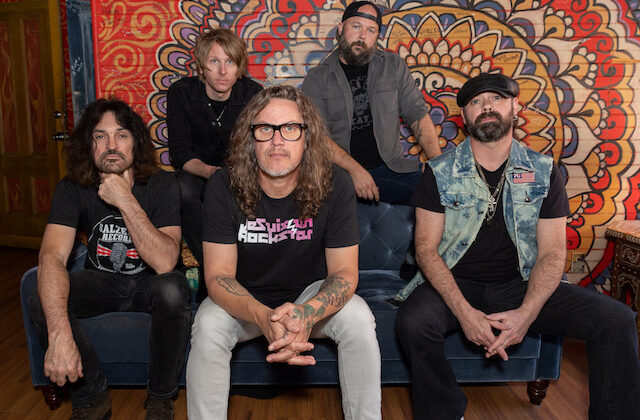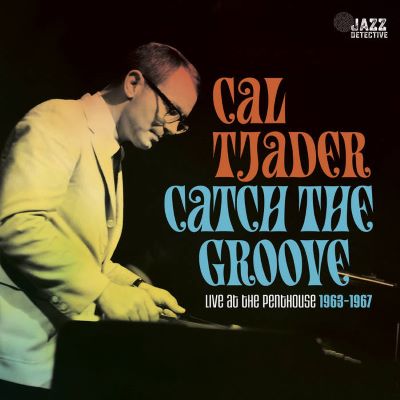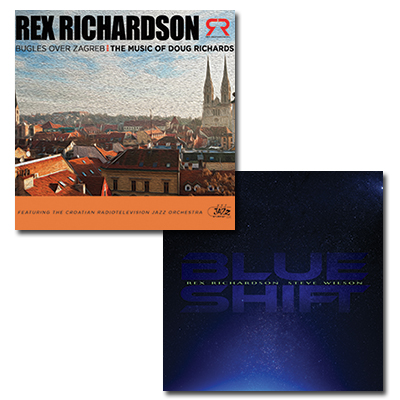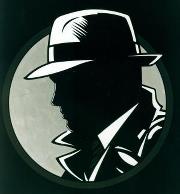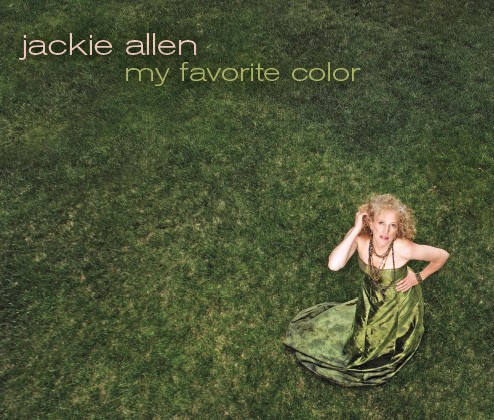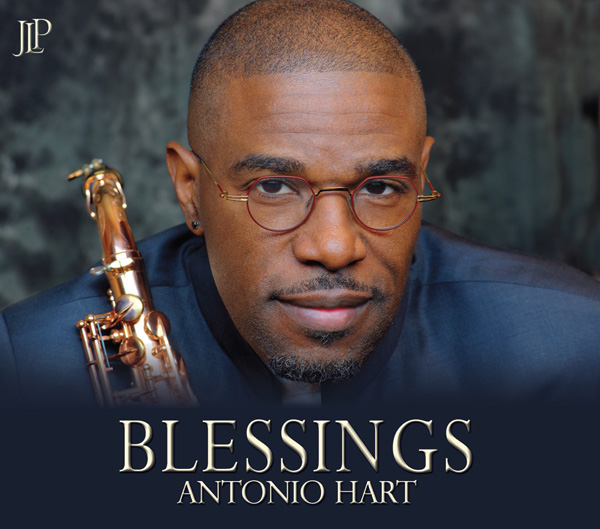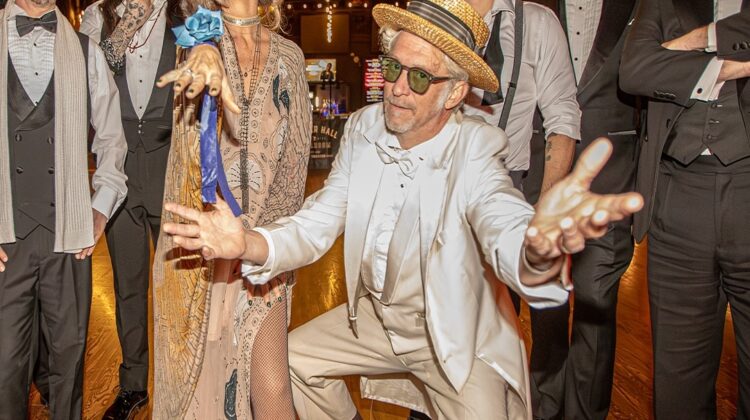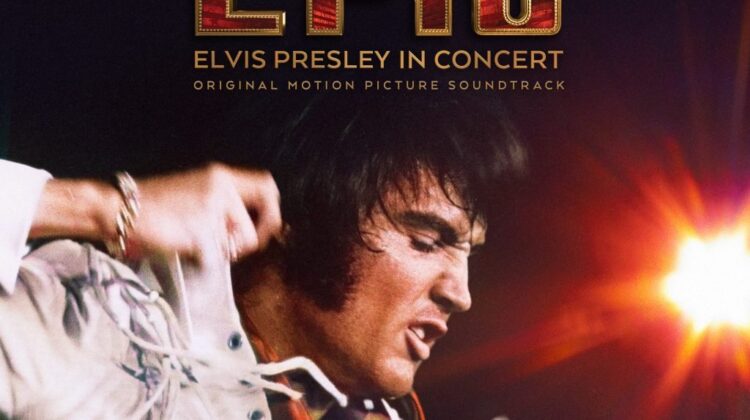Antonio is a giving, respectful human being. His musical abilities encompass Soul, Science and Sound.
This performance, as always, shows a deep passion and love for his God given talent and devotion.
Ever since we met he has been “Like a Son to me.” – Jimmy Heath
Baltimore is, naturally, far more than the setting for television’s The Wire. Whereas New York, Detroit, and Philadelphia get the lion’s share of glory, Baltimore is a major source of jazz talent. Eubie Blake, Chick Webb, Billie Holiday, Gary Bartz, Bill Frisell, Gary Thomas, Warren Wolf, Mark Gross, and the Harper Brothers hail from there as does alto saxophonist Antonio Hart. Born September 1968, Hart originally got his musical grounding in classical music but transitioned to jazz in college. Attending the Berklee College of Music was crucial not only for the lessons learned, but there Hart befriended trumpeter Roy Hargrove. Hart became Hargrove’s foil on his first five albums as a leader and Hargrove returned the favor on Hart’s 1991 debut disc For the First Time. After studying with legends Jimmy Heath and Donald Byrd at Queens College, Hart has appeared as a sideperson/bandmember with leaders diverse as Nat Adderley (for three and ½ years), Dizzy Gillespie (playing on Gillespie’s last recordings), McCoy Tyner, and Dave Holland. Hart is in the continuum of not only alto icons Johnny Hodges, Gary Bartz, Cannonball Adderley, and Lou Donaldson but also tenor icons James Moody and Dexter Gordon.
“I’m something of a dinosaur,” Hart says with playful irony. “I’m among the last of my generation to directly learn from the [original] masters—Jimmy Heath (still active, bless him), Art Blakey, James Moody, and Dizzy Gillespie. Like Master Gillespie said, I’ve one foot in the past and one in the present.” While Blessings’ sax/organ/guitar/drums line-up evokes the classic, blues/R&B-inspired soul jazz combos of the 1960s and ‘70s, this set is an homage to a classic era but not a tribute. “Tributes” can be too reverential sometimes, whereas Blessings finds Hart absorbing aspects of that tradition to create an album that’s classic in its own right, as opposed to recreating what was done before (not that there’s anything wrong with that). True, the instrumental context evokes the Jack McDuff/Jimmy McGriff/Big John Patton era—how could it not?—but Hart, like the most creative jazz musicians, takes the organ combo style and builds upon it, reinventing it for his and our Eternal Now. “This is the music I grew up with in Baltimore—there was a hometown hero [tenor player] Mickey Fields I heard at the Sportsmans’ Lounge. It was always a dream of mine to do an album of that style.” While Bobby Floyd’s organ has that hi-caloric Hammond B-3 heft, he doesn’t recall the aforementioned organ masters as much as the late great modernist of the organ, Larry Young. Floyd plays with the fleetness of a modernist hard bop pianist (think John Hicks or Larry Willis), which by some coincidence, he is (a pianist, that is). As the DJs of yore said back-when, the pick-to-click is “I Can’t Help It,” featuring Hart’s soprano saxophone. Beginning with a hot-fun-in-the-summertime melody over a balm-like organ, it develops into some punch-and weave improvisations and an ebullient, rollicking rhythm. Yotam Silbertstein burns here with a voracious solo that betrays a touch of a bracing, smoldering Jimi Hendrix influence. Jack McDuff’s “Rock Candy” literally kicks the album off like the 1930s Basie band first set of a Saturday night club date. Hart swings like a man possessed, with a drive like Adderley (albeit with his own tone) and Phil Woods at their respective peaks with a bittersweet cry that evokes 1960s tenor titan Booker Ervin. Bobby Floyd’s organ has that hi-calorie richness in the vein of McDuff and Jimmy McGriff but with the fluidity of Larry Young. Silbertsteen’s guitar is sharp as a tack, rooted in the technique of Kenny Burrell and Wes Montgomery but with an edge all his own. Steve Williams’ drumming is crackling and volatile. For those that value the classic jazz balladry tradition, Hart has that covered—Frank Foster’s “Shiny Stockings” finds AH dancing with that oh-so-pretty melody with great tenderness and aplomb in the manner of jazz balladeers Ben Webster and Coleman Hawkins.
Antonio Hart’s horn sound has matured, which is not to imply it’s mellowed. Hart still has that blues-rich swagger that’s descended from Adderley and Donaldson, yet his tone sounds even bigger, with the heft of a tenor saxophone while maintaining the steely litheness of an alto. Blessings is a scintillating album evoking an era where jazz was less of an “art form” and more “party music.” It’s not that Hart leaves artfulness out of the equation—he just remembers to imbue artistic integrity with vibrant fun. “Blessings describes how I feel about the great music that came before,” says Hart. While he is mindful of the jazz tradition, he knows no confines. “Great music also comes from Stax and Motown, Jeff Beck, Queen, Bob Marley, Stevie Wonder, and Michael Jackson.” “Blessings” and
GET YOUR COPY NOW
OurGig.com | PR Services
www.ourgig.com
pr@ourgig.net

